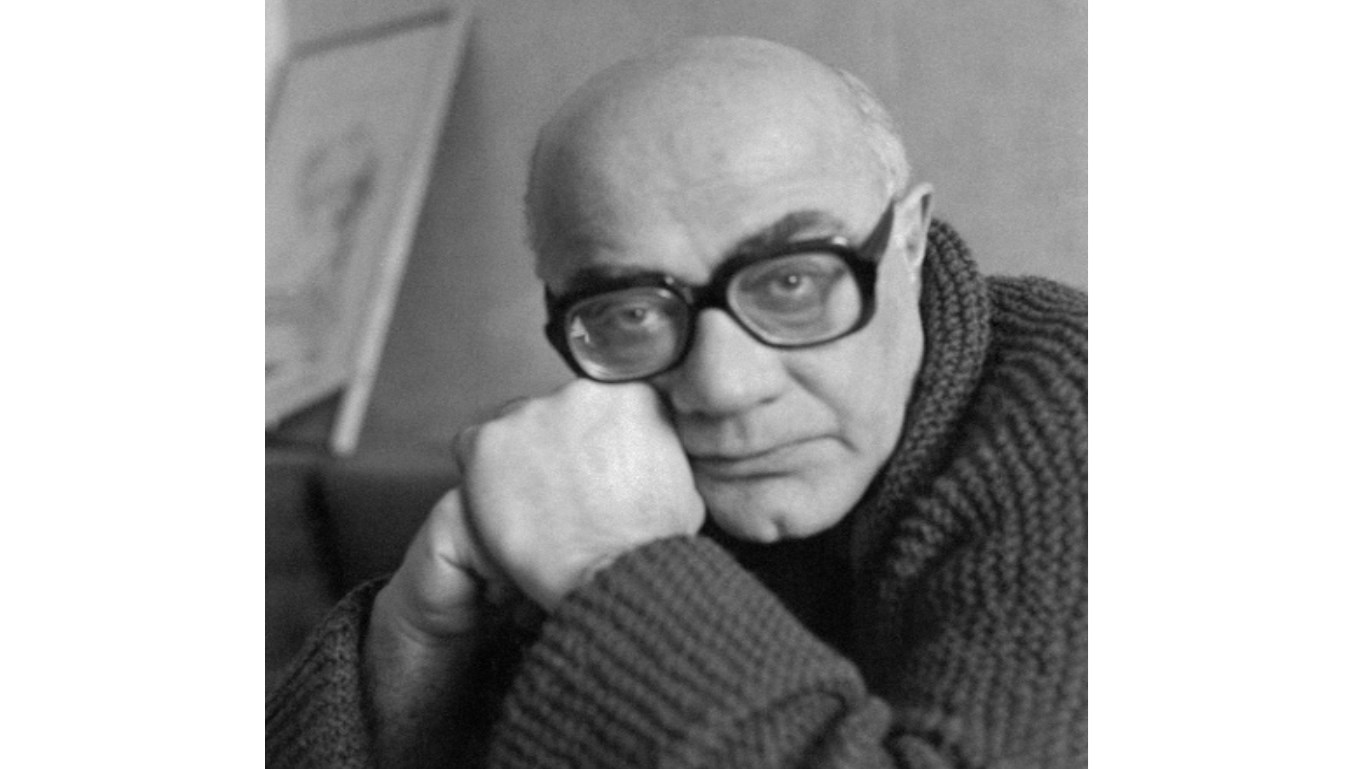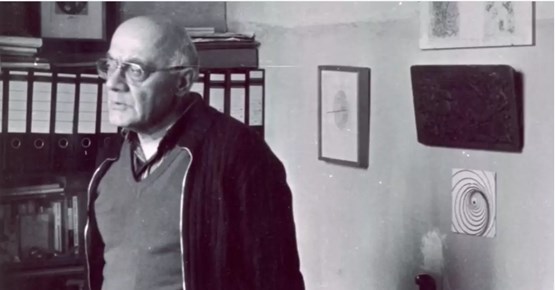
Repeating Mamardashvili | Essay 15 – A Hypothesis Refuted
What are the odds that one's hypothesis is refuted? Does this go by chance, like in the ratio of 50-50, or are there some other formulae which are taking diverse variables into account? It has been quite some time since I thought about the possibility of being totally off and since I thought about what needed to be done in a situation, when the realization strikes, that, when one is analyzing one's findings, the outcome is not what had been expected, rather, the opposite.
I experienced one of these moments last week. And at first, a mix of speechlessness, disappointment and disbelief swapped over me, it actually didn't seem to make sense. But after running more and more samples through the system, I had to admit to myself that my hypothesis was wrong.
Using AI for translation, I have noticed many moments, many paragraphs and/or phrases, when a translation didn't make sense, when it was losing itself in language, be it because of vocabulary, be it triggered by grammar, and all I was offered was some kind of gibberish. I was looking for the patterns between completely readable translations versus those more or rather less intelligible, unintelligible.
It seemed logic therefore that if I was to not only let the text translate once, from Russian to English, but allowed it to bounce back and forth, from Russian to English to Russian to English etc., that I would end up with less and less of a text, with less and less of content, but converging more and more towards meaninglessness.
Instead, all the three AI translation programs, which I am using, followed the same pattern: not striving for accepting their lack of understanding and hence emphasizing those gaps – as in creating less meaning, – but rather creating and confirming meaning!
Weird, I thought, when I had come over my initial irritation that the AI didn't produce the outcome I had envisioned. And then I started to wonder why this was happening while double-checking the perimeters of what I was dealing with.
I had created a kind of iteration loop dealing with written text. This text bouncing back and forth in translation. So far, so good, there was nothing off with this process, apart from the original lectures having been in spoken word, but for this translation experiment, looking rather for a dissolution of meaning then the actual outcome of meaning creation, well, this didn't matter.
So, when I talk about creating meaning, what do I actually mean by that?! I realized that it took all three AI a few translations until one version of the text, alias meaning, was created, both in Russian and in English, and then repeated, over and over again. The AI had aimed for a meaning, apparently had had, without wanting to subjectify too much, a need to create a meaning. The programs were looking for making sense, the opposite, allowing to lose sense or meaning, accepting gaps or blanks, was not an option. And this urge to ignore ambiguity or deal with the difficulty of interpretation, but to decide on one version, one meaning and further playing that in loop – well, this seems very human to me.
The need to make sense, even out of the without-sense. The need to see meaning, even when there might be none. And by deciding maybe too quickly – as one can see in the appendix, where I show this experiment with the last sentence of the sixth lecture of Merab Mamardashvili's second lecture series on Proust in 1984-85, a sentence randomly chosen, not too short, not too long – this meaning on repeat might become as meaningless as a translation of just syllables…
As one can see, translate.google decided in step 5 and 6 on their final version, whereas deepl and collinsdictionary needed two steps less, already achieving their final text interpretation after step 3 and 4. The result might be different, if no chance for memory was given to any of the three. But here it is very clear that the aim for a meaning is prevalent.
A finding, which poses so many new questions, that only another set or rather multiple more sets of translation experiments might answer…
Appendix
Lectures 1984_85:
Мераб Мамардашвили. Психологическая топология пути. Фонд Мераба Мамардашвили. Москва. 2014. (Редактор: Е.М. Мамардашвили)
AI translations by https://translate.google.com / https://www.deepl.com/en/translator / https://www.collinsdictionary.com/translator
Author: Katharina Stadler








